Current Investigations and My Students
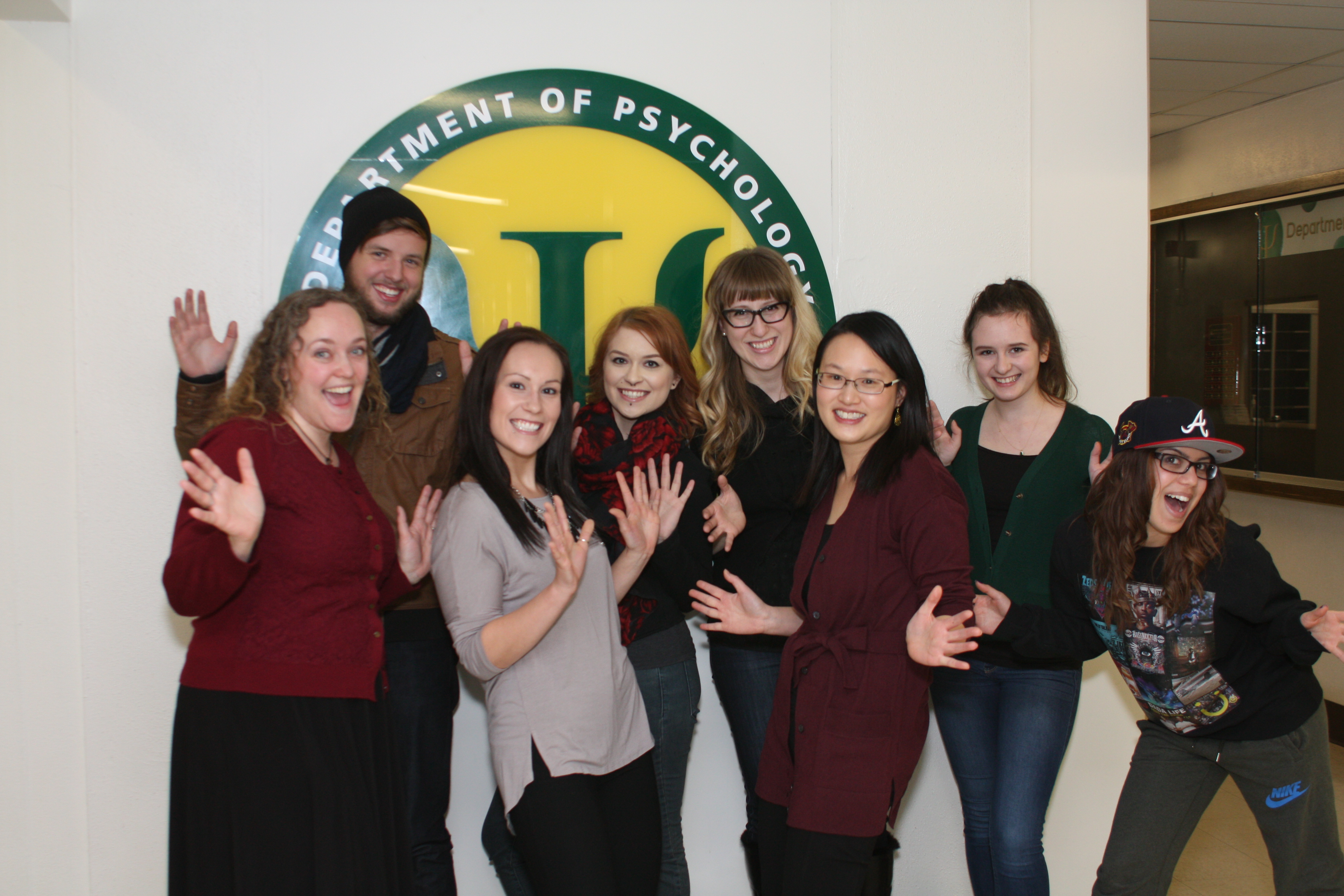
Passey Research Group Fall 2015
***Note: I will not be taking on any new students Fall 2018.***
In general, my research interests focus on personality and interpersonal functioning, with particular focus on how one’s traits influence their behavior in interpersonal interactions or relationships. My previous research (conducted with my students) has concerned self-regulation, social rejection, self-esteem and self-compassion. Some of my research group’s projects have investigated the causes of people’s emotional and behavioral overreactions to interpersonal rejection events that do not constitute a threat to their well-being (or, when the event has a potentially negative consequence for them, respond out of proportion to the severity of the situation). For example, laboratory studies have shown that participants often react strongly to meaningless rejections by complete strangers (often people that they never meet face-to-face), and in real life situations, people are often hurt and angered when rejected or merely dismissed by people who acceptance is of absolutely no importance to them. These overblown responses to inconsequential rejections are intriguing because they often undermine respect, interpersonal acceptance, and self-esteem; the outcomes that people were presumably trying to obtain. This research represents a combination of my interests in reactions to interpersonal rejection experiences and self-regulation failure.
Most recently, our lab has investigated the influence of taking courses in interpersonal relationships on students’ growth and destiny beliefs. These beliefs influence how individuals interpret relationship events. Growth beliefs involve the belief that putting effort into one’s relationship overcomes obstacles and leads to success, while destiny beliefs involve believing that one’s relationship is either effortless or not meant to be. In a relationship, individuals with high destiny and low growth beliefs (an evaluation orientation) usually intensify problems, seeing conflict as a threat. They will likely try to avoid or deny any problems in their relationship because problems are evidence of an unsuccessful relationship. Individuals with high growth and low destiny beliefs (a cultivation orientation), use relationship-maintaining coping strategies when conflicts arise. Those who possess growth beliefs, believe that resolved conflicts strengthen relationships. Additionally, individuals who are cultivation oriented, experience less negative emotions and greater feelings of commitment after discussing inconsistent views. Finally, those who are evaluation oriented are less likely to seek counseling. Our research investigates the effect an interpersonal relationships class, at the University of Alberta, has on students’ romantic beliefs, as well as their relationship quality, communication, conflict styles, and relationship longevity.
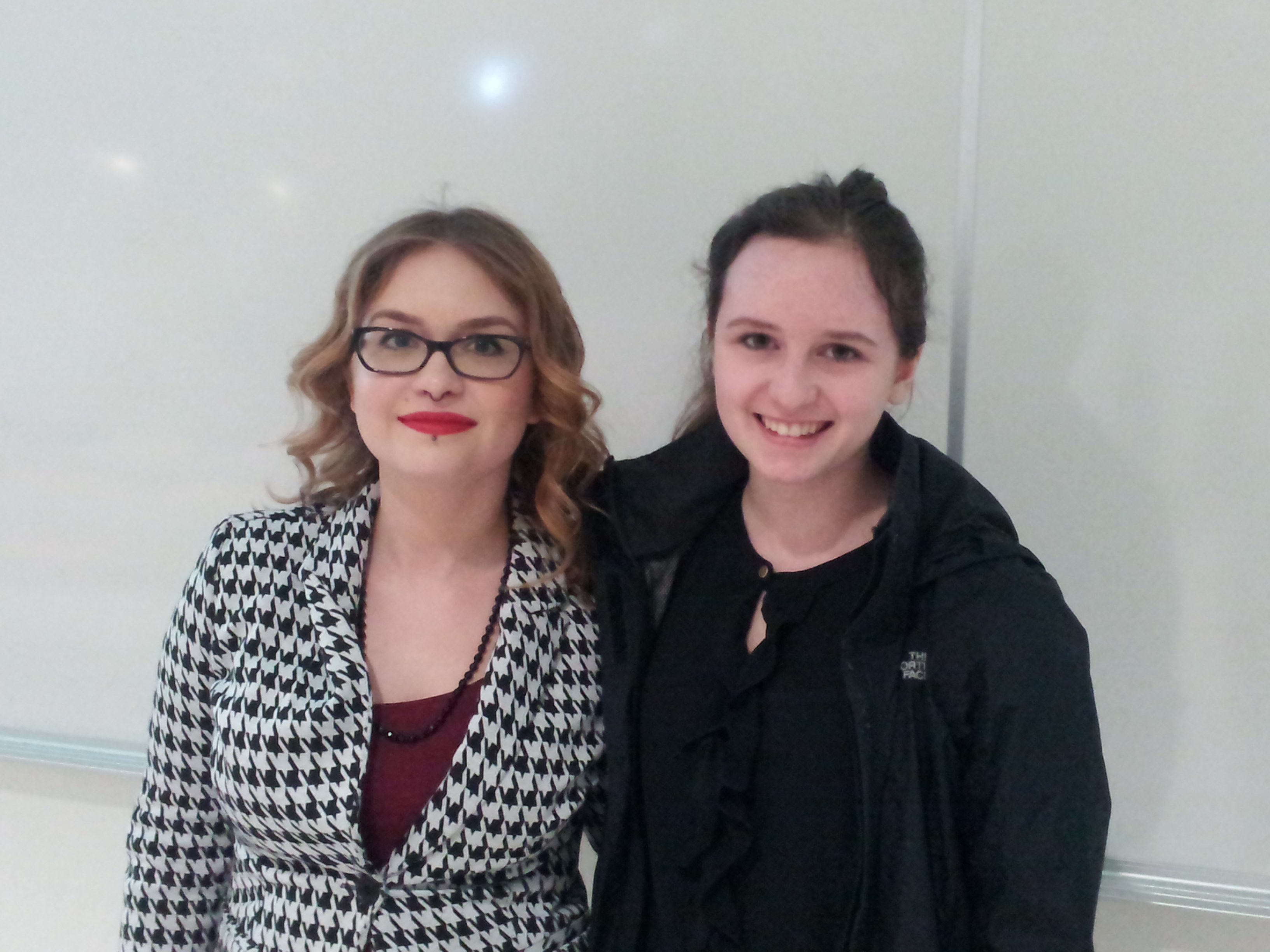
Emily and Lexi at Brian Harder Conference
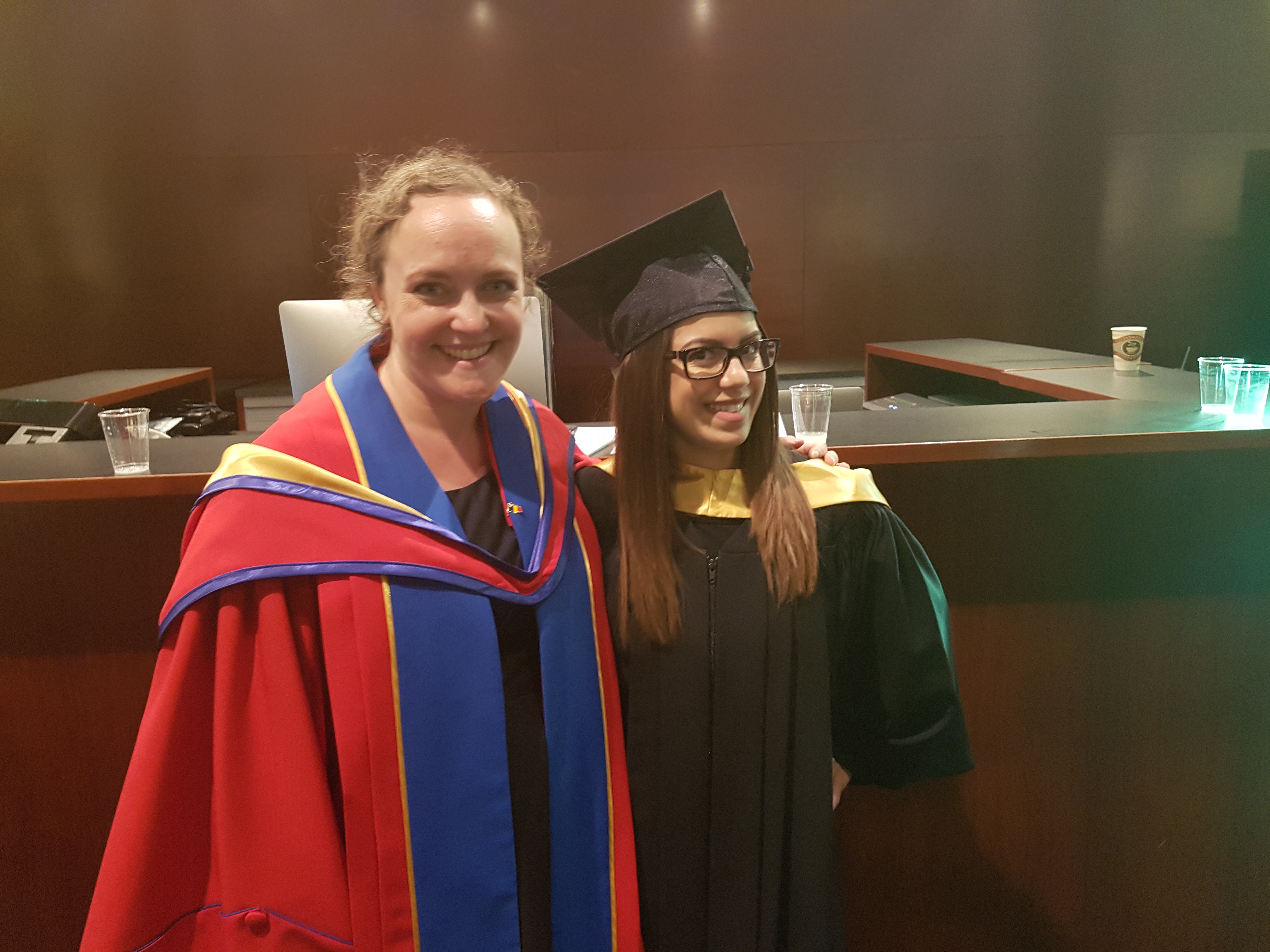
Veronica’s convocation Spring 2016
Former Research Group Personnel:
Veronica Bergstrom
Lexi Brunner
Rayman Chen
Judy Dang
Jonathan Dubue
Katherine Edling
Brittany Franklin
Emily Friesen-Peters
Katharine Hampson
Maryse Hebert
Brett Klassen
Sharon Leung
Nuha Mahdi
Sheena Marques
Emily Matejko
Katherine Melnyk
Kaetlyn Oates
Breanne Parker
Stephanie Reeves
Christopher Reid
Heather Schultz
Christina Seal
Staci Silverman
Sherani Sivakumar
Malcolm Slater
Breanna Steinke
Andrea Vig
Aurielle Volk
Lynn Wamburu
Rachel Williamson
Katie Willis
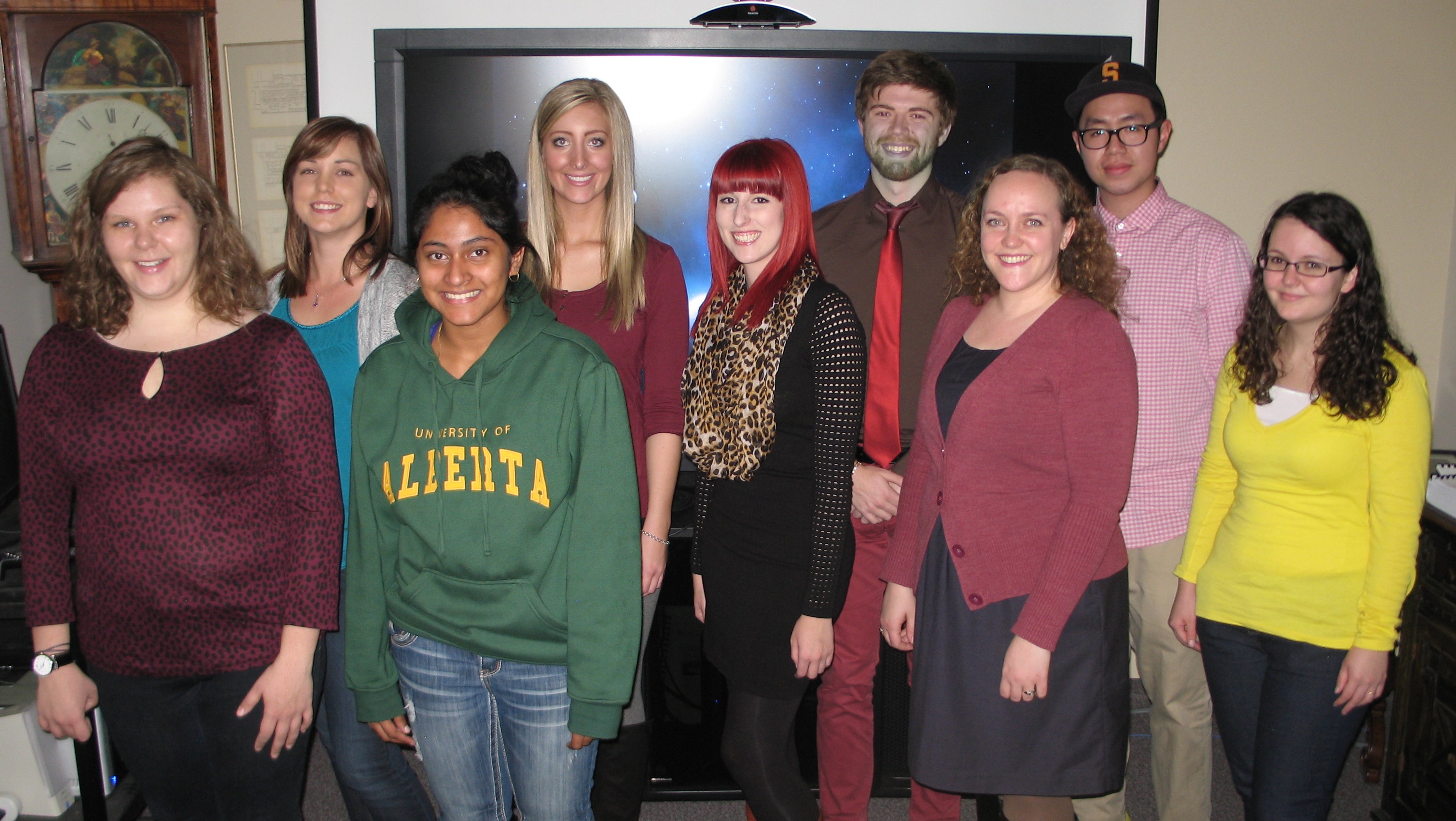
Passey Research Group Fall 2013
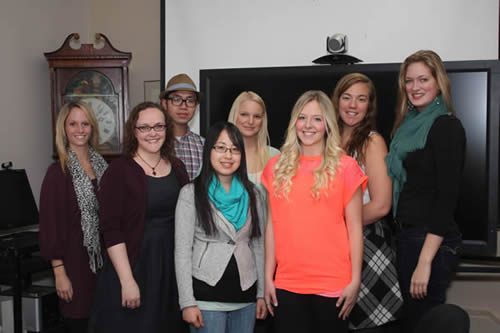
Passey Research Group Fall 2012
